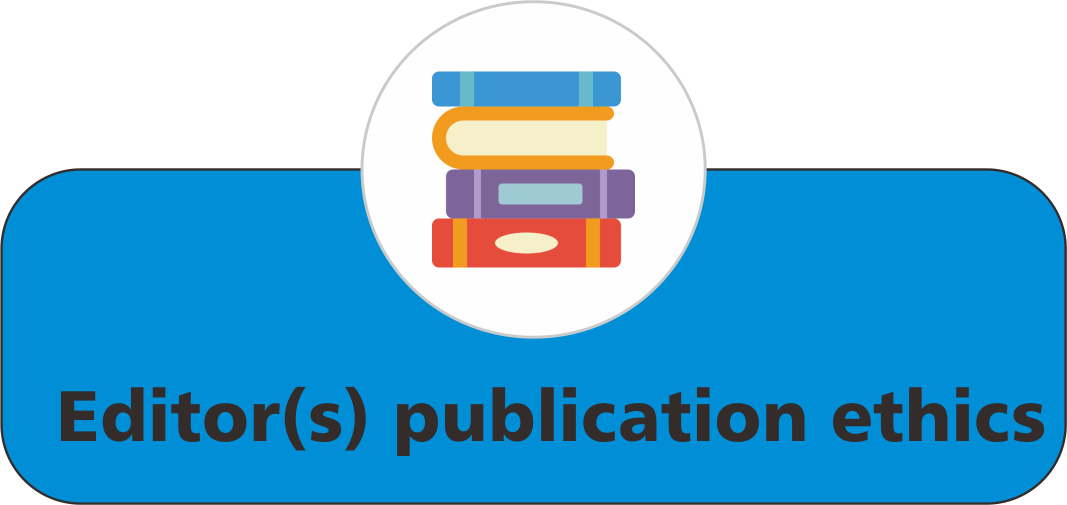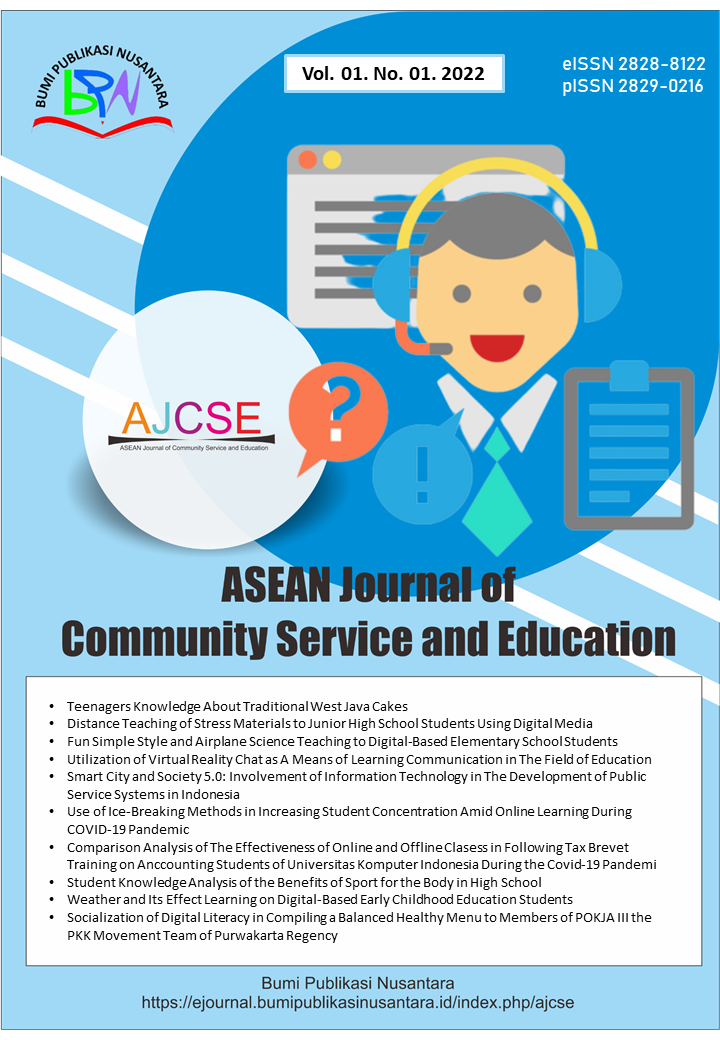Relationship Between Parental Factors and Uses of Abusive Words Among Primary School Pupils: Community Service Perspective
 ),
),
(1) Kwara State University
 Corresponding Author
Corresponding Author
Abstract
Keywords
References
Abidin, R. R. (1992). The determinants of parenting behavior. Journal of Clinical Child Psychology, 21(4), 407-412.
Bates, E., and Goodman, J. C. (1997). On the inseparability of grammar and the lexicon: Evidence from acquisition, aphasia and real-time processing. Language and Cognitive Processes, 12(5-6), 507-584.
Belsky, J. (1984). The determinants of parenting: A process model. Child Development, 55(1), 83-96.
Belsky, J., and Barends, N. (2002). Personality and parenting. Handbook of Parenting, 2(3), 415-438.
Bornstein, M. H., Putnick, D. L., Lansford, J. E., Pastorelli, C., Skinner, A. T., Sorbring, E., and Deater-Deckard, K. (2011). Mother and father socially desirable responding in nine countries: Two kinds of agreement and relations to parenting self-reports. International Journal of Psychology, 46(2), 141-176.
Cabanatuan, D., and Ahmad, C. (2022). Permissive parenting style and maladaptive behavioral tendencies among junior high school students of Notre dame of Tacurong College, Mindanao, Philippines. ASEAN Journal of Science and Engineering Education, 2(1), 87-96.
Crick, N. R., and Dodge, K. A. (1996). Social information-processing mechanisms on reactive and proactive aggression. Child Development, 67(3), 993-1002.
Crnic, K., and Low, C. (2002). Everyday stresses and parenting. Handbook of Parenting, 5, 243-267.
Hill, N. E., and Jones, N. A. (1997). Parental involvement in middle school: A meta-analytic assessment of the strategies that promote achievement. Developmental Psychology, 33(6), 811-829.
Jay, T., and Janschewitz, K. (2008). The pragmatics of swearing. Journal of Politeness Research Language, Behaviour, Culture, 4(2), 267-288.
Keller, H., Borke, J., Yovsi, R., Lohaus, A., Jensen, H., and Papaligoura, Z. (2004). Parenting styles and cultural values: A cross-cultural study of Germany, Greece, and the United States. Journal of Cross-Cultural Psychology, 35(3), 261-282.
Kochanska, G., Akasn, I., Penney, S. J., and Boldt, L. J. (2007). Parental personality as an inner resource that moderates the impact of ecological adversity on parenting. Journal of Personality and Social Psychology, 92(1), 136-150.
Kulkarni, S. (2017). Cross-cultural differences in child-rearing beliefs and practices: Implications for immigrant and nonimmigrant families. Journal of Child and Family Studies, 26(5), 1379-1393.
Masten, A. S., Coatsworth, J. D., Neemann, J., Gest, S. D., Tellegen, A., and Garmezy, N. (2005). The structure and coherence of competence from childhood through adolescence. Child Development, 76(5), 935-953.
Ochs, E., and Izquierdo, C. (2009). Responsibility in childhood: Three developmental trajectories. Ethos, 37(4), 391-413.
Palma, M. C., Escucha, T. N. V., Distor, Z. B., Tuyao, B. V., Malaco, A., and Estrellan, J. (2021). Parental academic support in online and modular learners amidst pandemic: A comparative study. Indonesian Journal of Community and Special Needs Education, 1(1), 31-36.
Power, T. G., Sleddens, E. F. C., Berge, J. M., Connell, L., Govig, B., Hennessy, E., and Tappe, M. (2016). Contemporary research on parenting: Conceptual, methodological, and translational issues. Journal of Child Psychology and Psychiatry, 57(2), 216-231.
Sanders, M. R., Kirby, J. N., Tellegen, C. L., and Day, J. J. (2014a). The triple p-positive parenting program: A systematic review and meta-analysis of a multi-level system of parenting support. Clinical Psychology Review, 34(4), 337-357.
Sanders, M. R., Ralph, A., Sofronoff, K., Gardiner, P., Thompson, R., Dwyer, S., and Bidwell, K. (2014b). Every family: A population approach to reducing behavioral and emotional problems in children making the transition to school. Journal of Primary Prevention, 35(4), 247-259.
Schultz, D., Izard, C. E., and Bear, G. (2011). Children's emotion processing: Relations to emotionality and aggression. Development and Psychopathology, 23(1), 63-78.
Shaffiyah, I., Dwiyanti, V., Masek, A. (2022). smart city and society 5.0: involvement of information technology in the development of public service systems in Indonesia. ASEAN Journal of Community Service and Education, 1(1), 31-42.
Valkenburg, P. M., Krcmar, M., Peeters, A. L., and Marseille, N. M. (2013). Developing a scale to assess three styles of television mediation: "Instructive mediation," "restrictive mediation," and "social coviewing". Journal of Broadcasting and Electronic Media, 57(3), 291-310.
Winstok, Z. (2018). Aggressive language in adolescence and its relationship to aggression, violence, and delinquency 5 years later. Journal of Adolescence, 68, 171-181.
Article Metrics
Abstract View : 1026 times
: 1026 times Download : 846 times
Download : 846 times
Refbacks
- There are currently no refbacks.
Copyright (c) 2023 Bumi Publikasi Nusantara

This work is licensed under a Creative Commons Attribution-ShareAlike 4.0 International License.







